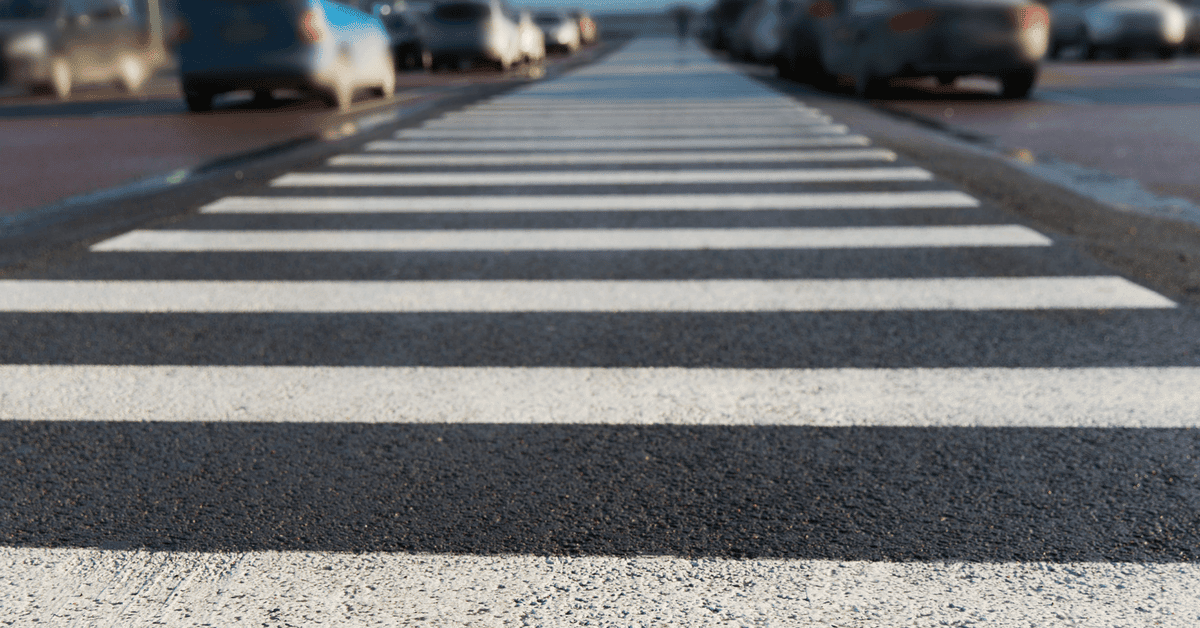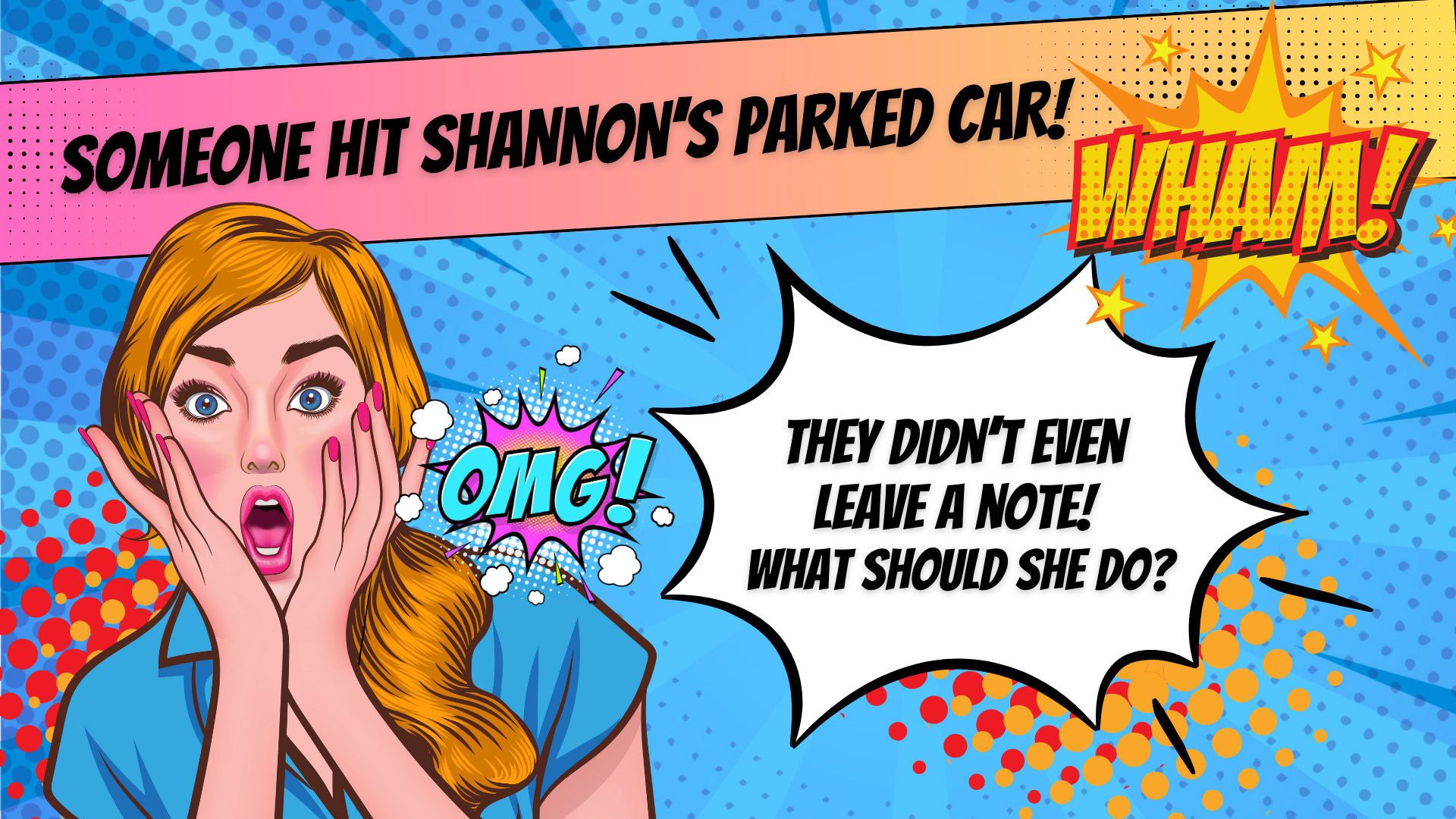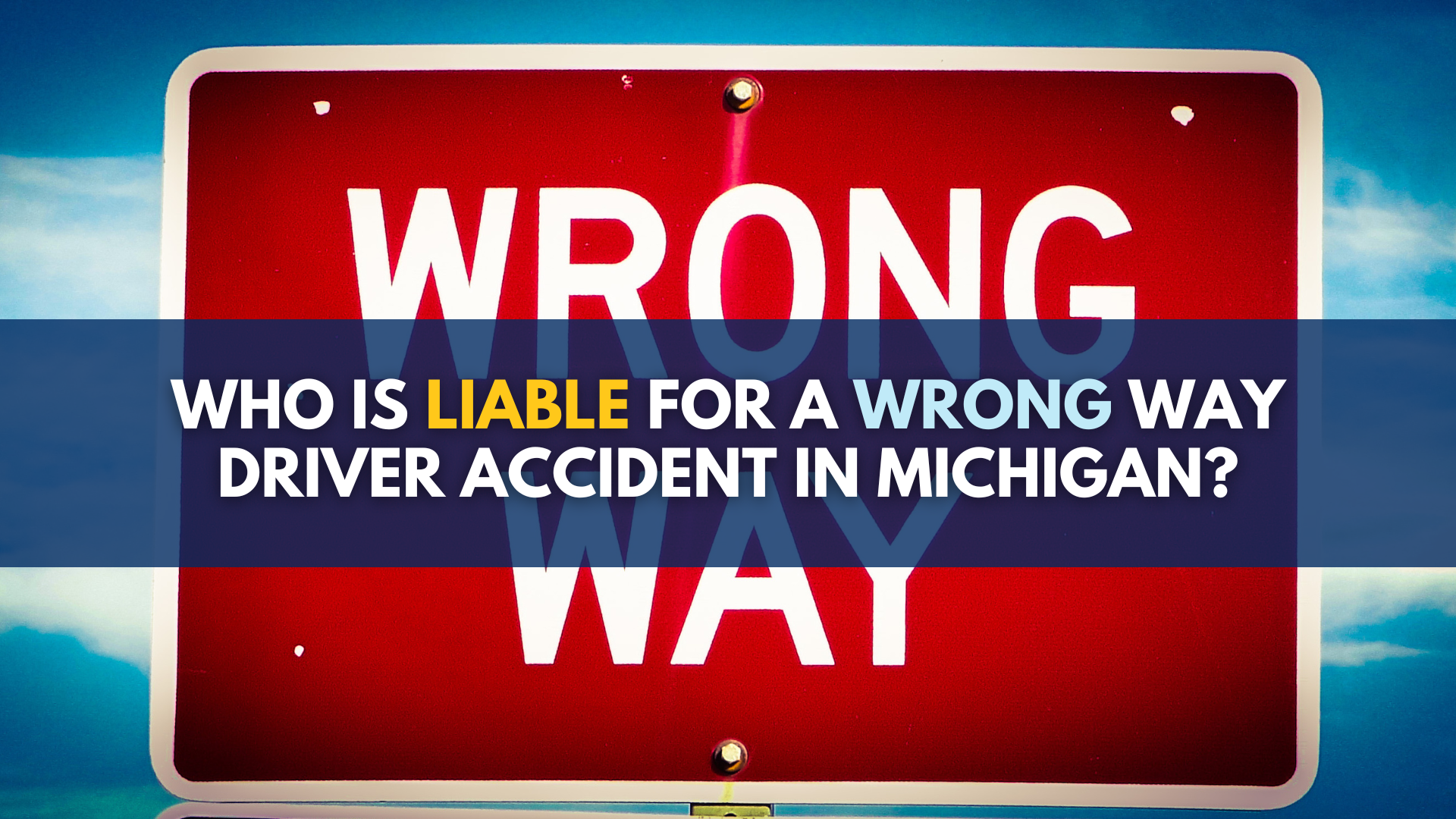Court rules in Bay County case involving TBI car crash victim in a Menard’s parking lot crosswalk that stores do have legal duty to protect ‘safety zone’

Parking lots are more dangerous than you might think. Hundreds of people every year are injured and even killed in parking lot car crashes. People are run over in a parking lot crosswalk by drivers who aren’t paying attention. They are hit by cars backing out of parking spaces. There are thousands of car wrecks as cars back up into each other in parking lots.
Normally, the stores to which these parking lots belong are cleared of any premises liability for the car accident or for the pedestrian who is hit by a car because Michigan courts have traditionally viewed the danger of being hit by a car in a parking lot as being “open and obvious.”
That doesn’t mean the car accident victim does not have a case. It does mean that the auto accident victim is limited to only seeking pain and suffering compensation, i.e., “noneconomic loss” damages, only from the at-fault driver (and his or her insurance company).
But that could soon change.
For those stores who have taken it upon themselves to voluntarily create pedestrian crosswalks connecting their parking lots to their stores, and when these pedestrian crosswalks are poorly designed, there may now be a legal duty that is created that will allow a lawsuit to also be filed by the accident victim against the store.
In a Bay County case involving a woman who died from a traumatic brain injury she suffered after being struck by a car in a pedestrian crosswalk in a Menard’s parking lot, the Michigan Supreme Court and the Michigan Court of Appeals have established the following:
In the event a person is struck and injured by a car while using a store’s parking-lot, pedestrian crosswalk, the store may be held liable if the store failed to take necessary precautions such as warning signs and traffic signals to protect pedestrians while they’re in the “safety zone” created by the crosswalk.
This is the right result.
As I explained in my previous blog post about this case:
“[I]t only makes sense if the installation of pedestrian crosswalks puts shoppers at greater risk of getting struck by a car in a store parking lot, then the store that installed the crosswalk should also be potentially liable for injuries that result … [P]eople are hit by cars in store parking lots all the time. Many parking lots are designed terribly, and this case is an opportunity to better protect the public.”
What are stores’ liability to car accident victims injured in parking lot pedestrian crosswalks?
As a result of an opinion from the Michigan Court of Appeals and orders from the Michigan Supreme Court, the case of Fowler and Rawluszki v. Menard’s, Inc., has generated the following potentially game-changing conclusions:
- “[T]here is a duty on the part of the landowner [such as Menard’s] to install crosswalks in a reasonable and prudent manner,” which is consistent with the rule set forth by the Michigan Supreme Court in its 2004 ruling in Fultz v. Union-Commerce Associates that “‘[i]f one voluntarily undertakes to perform an act, having no prior obligation to do so, a duty may arise to perform the act in a non-negligent manner.’”
- The pedestrian crosswalk that connected the Menard’s store to the Menard’s parking lot, which was a “continuous, intentionally created feature of the property,” “created a safety zone … and warranted the imposition of a duty of care. Defendant has not submitted anything to question whether it knew or should have known that the crosswalk it created would give the pedestrian a sense of safety or distraction. [The accident reconstruction expert’s] report, offered by plaintiff, supports such a finding, however.”
Warning signs and traffic signals to prevent parking lot pedestrian crosswalk auto accidents
In its lawsuit against Menard’s, the estate of the victim in Fowler complained:
“[T]he crosswalk created a feigned zone of safety and [Menard’s] had a duty to take extra measures to install signage or traffic signals to warn oncoming vehicles of the pedestrian crossing.”
Significantly, the estate’s claim was bolstered by the findings of the accident reconstruction expert, whose report was relied on by the Court of Appeals:
“I … am of the opinion that the design of the crosswalks at this Menards are substandard for safety … There are no warning signs, no pedestrian crosswalk warning signs or any type of signage. The combination of these design problems creates an unreasonable risk to pedestrians.”
Are there other liability issues in motor vehicle accident cases involving parking lot pedestrian crosswalks?
After clarifying the duty of stores like Menard’s “to install crosswalks in a reasonable and prudent manner,” the Court of Appeals noted that the following issues will arise in parking lot pedestrian crosswalk cases:
- “[W]hether [a] crosswalk was installed in a manner that increased the risk to the pedestrian …”
- “[W]hether [a] crosswalk installation was a proximate cause of” an auto accident victim’s death or injury.
This is a very important case for Michigan auto accident attorneys. Even when pedestrian crosswalks in store parking lots are very poorly designed, and any injury or death that occurs is both foreseeable and even predictable, stores have been shielded by a misapplication of premises liability laws for too long. Hundreds of people have been limited to legal recovery of whatever the insurance policy limits are of the at-fault driver, even when, as in this case, the store created a situation that increased the risk of death to the individual. The net result of the Fowler case is that store owners who were not previously concerned about the safety of people because they felt they were immune from any lawsuit or liability will now have to care about the safety of the people they invite to their stores.


